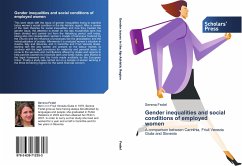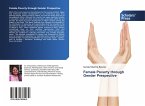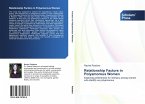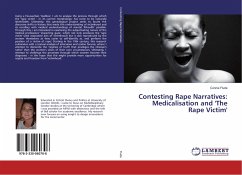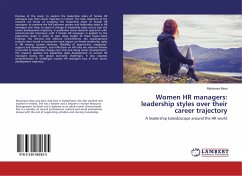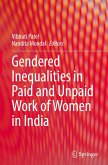This work deals with the issue of gender inequalities trying to examine today women s social condition in the Alp-Adriatic region. After a review of the main theories for social inequalities and how they treated the gender issue, the attention is drawn on the way households work has been divided and carried out from the Habsburg period until today, taking also into consideration women s models of behaviour fostered by the Church and the influence of processes like the globalization and the individualization of society. Afterwards it is analyzed women s situation in Austria, Italy and Slovenia, and in Carinthia and Friuli Venezia Giulia, starting with the way women are present on the labour market, to continue with the legal provisions for maternity and parental leave, to come to the services and contributions offered by states and regions to help parents (women) to reconcile work and family duties, also thanks to the legal framework and the funds made available by the European Union. Finally a study was carried out on a sample of women working in the three bordering regions for the same financial concern.
Bitte wählen Sie Ihr Anliegen aus.
Rechnungen
Retourenschein anfordern
Bestellstatus
Storno

